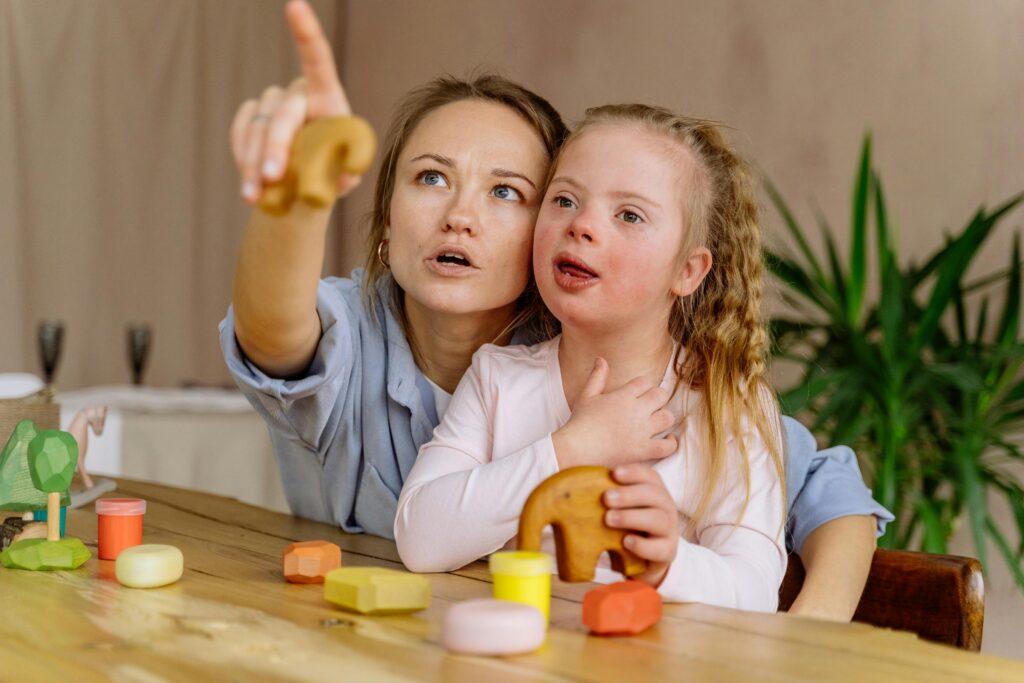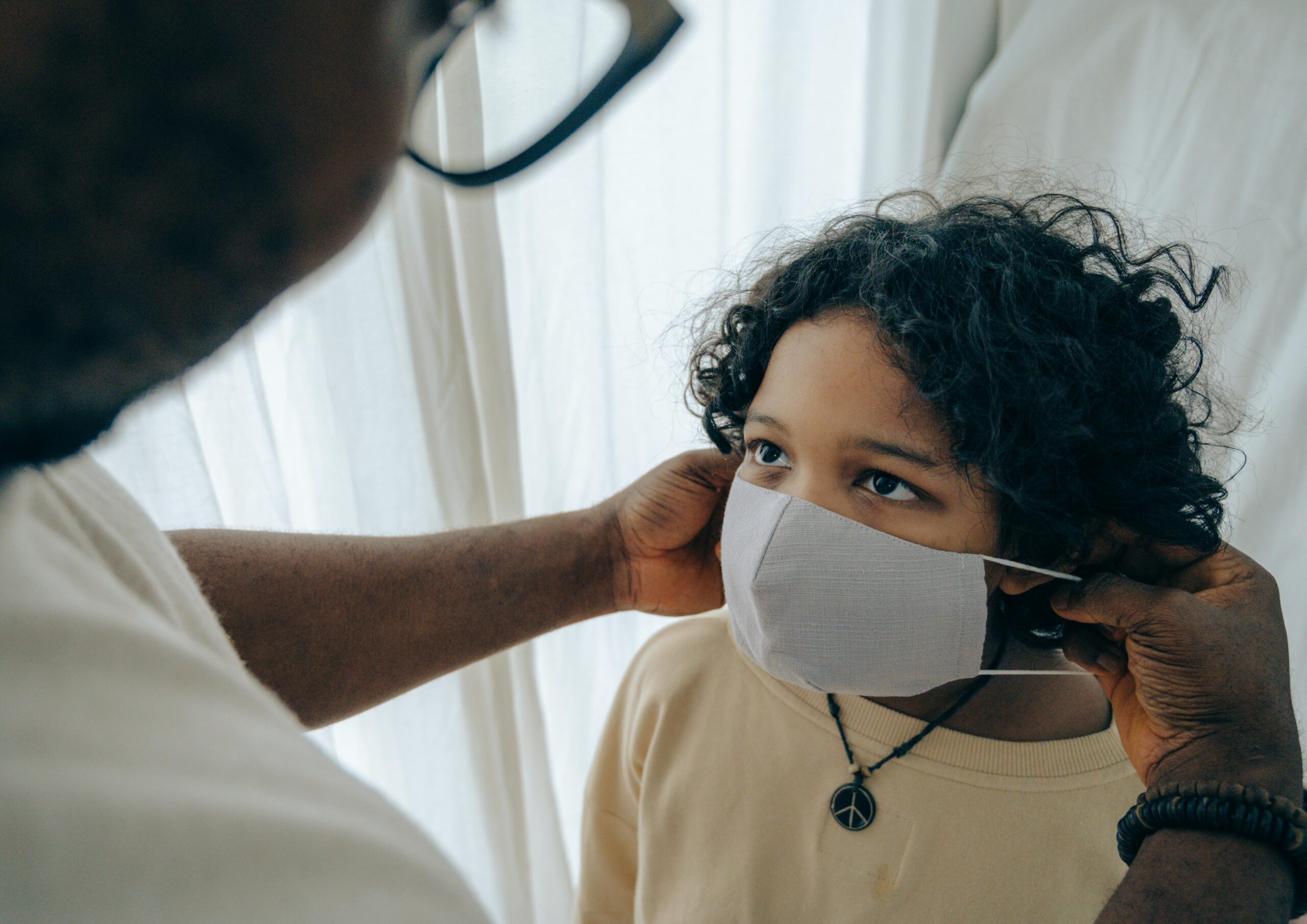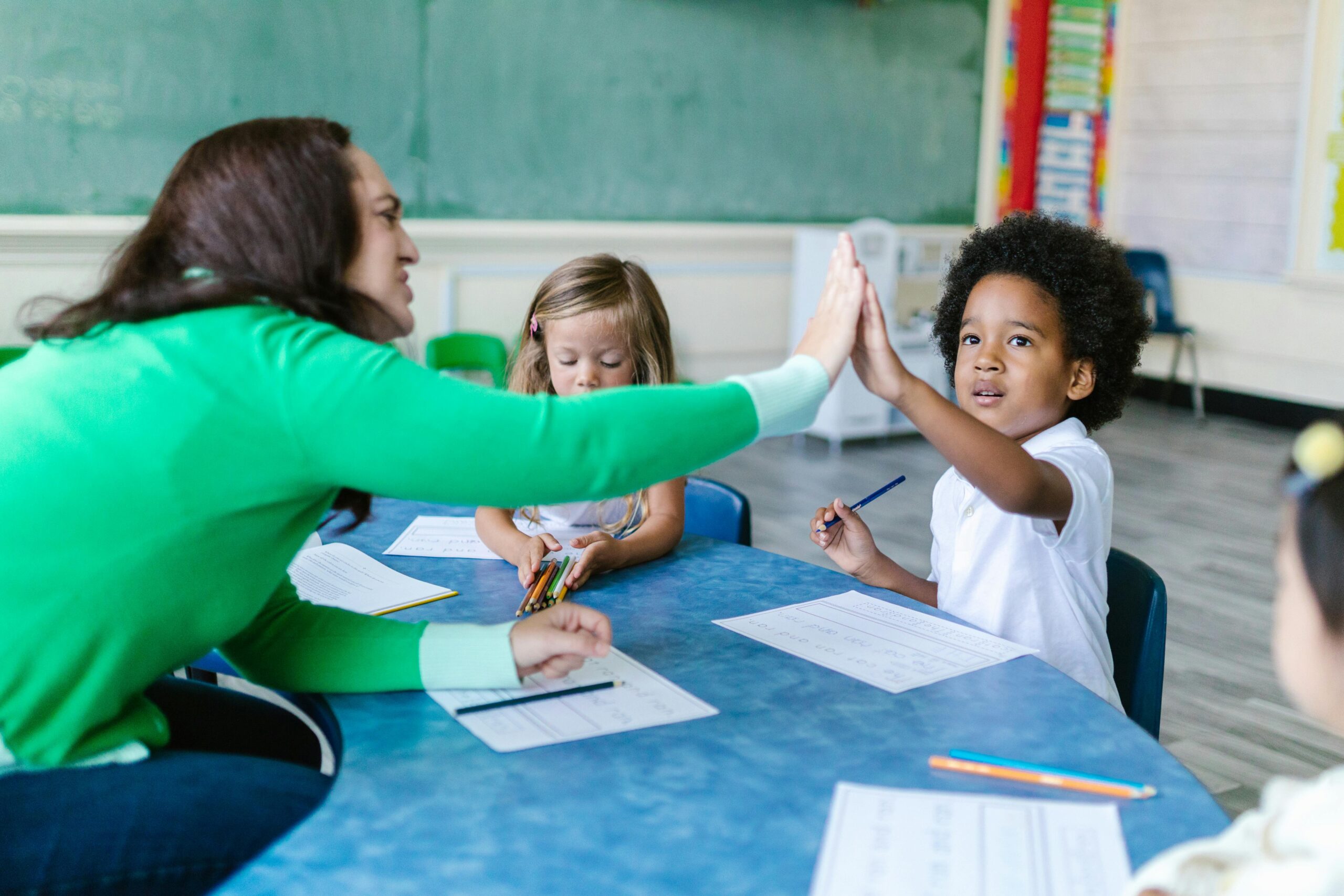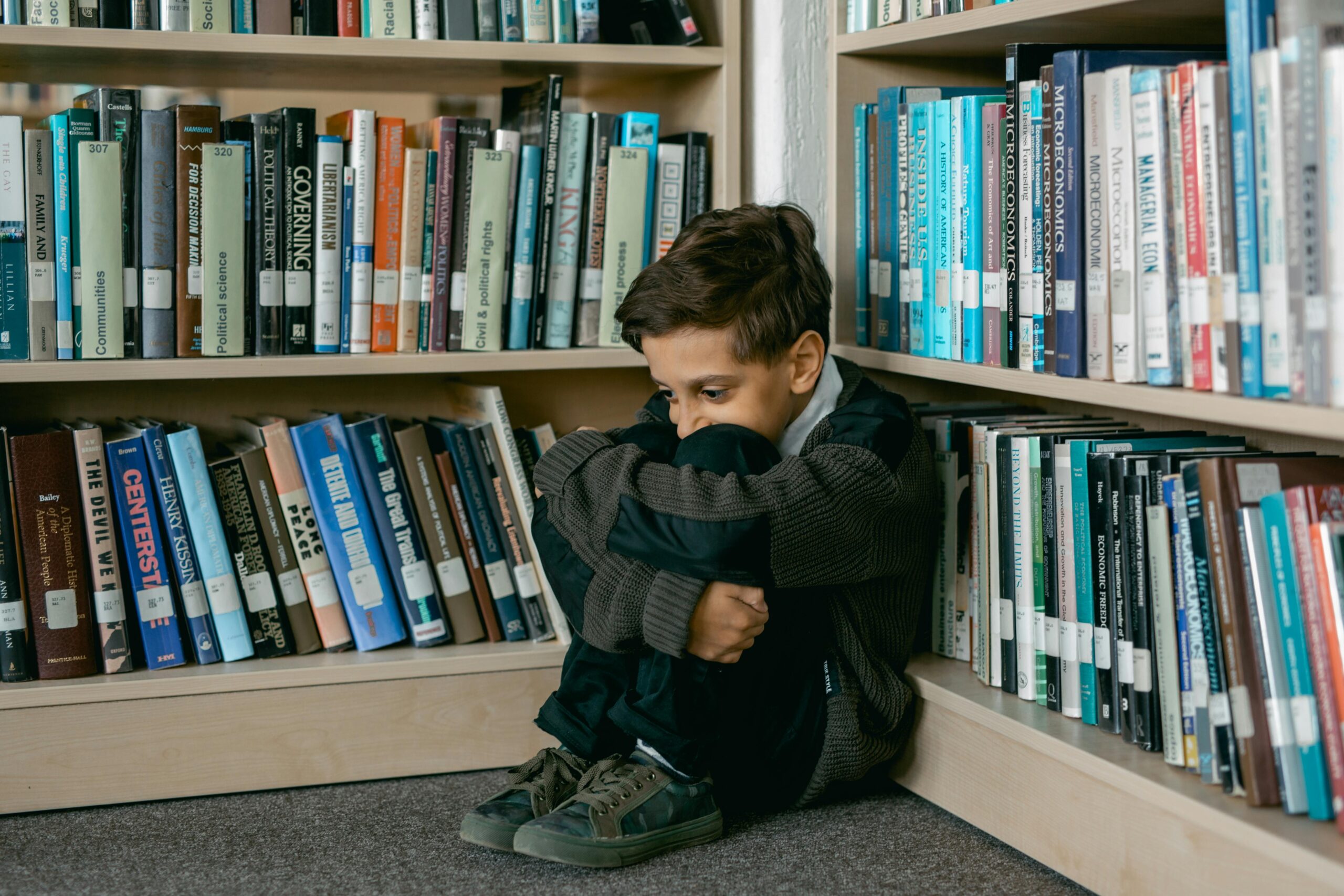What the Pandemic Revealed About Education
19 April 2025

It’s easy to look back on the pandemic years as a time of disruption. But for education, disruption wasn’t the full story. Covid-19 did more than keep a lot of the world at home – it magnified what was already under strain, and brought long-ignored questions to the surface.
Much of the public conversation focused on learning loss. But beneath the headlines, something more fundamental was happening. We began to see the limits of a system that was never designed with every child in mind. We saw the impact of inflexible frameworks, overstretched services, and assumptions about what a “normal” learner looks like.
This wasn’t a failure of teachers or school leaders – whose response was nothing short of extraordinary. It was a reflection of systems already stretched too thin.
Inclusion: A Structural Question, Not a Classroom One
For some children with SEND (Special Educational Needs & Disabilities), the shift to home learning unexpectedly offered relief: fewer transitions, quieter environments, and the ability to learn in their own way. For others, it meant the loss of essential support and therapies. What united both experiences was this: a one-size approached to standardised learning was clearly never the answer.
The 2022 SEND Review acknowledged this clearly, stating that “parents are frustrated by the complexity and adversarial nature of the current system.” Too often, support depends not on need but on postcode, diagnosis, or how hard families can advocate.
Covid didn’t cause this. Covid did make the concerns even more visible.
When we talk about inclusion post-pandemic, we need to go beyond differentiated lesson plans. True inclusion requires structural change – coordinated services, accessible pathways, and recognition that the “average” child we often plan for doesn’t really exist.
The Comfort of Data, the Complexity of Experience
The rush to assess and catch up post-Covid was understandable. But it also revealed something uncomfortable. Some education systems are far more comfortable measuring what’s easy to quantify – test scores, attendance, progress – than what also matters to children’s long-term development.
Yet the evidence was there. The Education Endowment Foundation (2022) found that the attainment gap between disadvantaged pupils and their peers widened substantially. Meanwhile, Sutton Trust research (2023) showed that pupils eligible for free school meals were less likely to access online learning, enrichment, or recovery programmes.
These aren’t simply pandemic effects. They are indicators of deeper inequality, made harder to ignore.
Wellbeing: More Than a Pastoral Concern
One of the strongest messages from the past few years is that learning and wellbeing are not separate. Emotional safety, mental health, and a sense of belonging are the foundations of engagement. When those foundations are shaky, children struggle to access learning – no matter how well it’s delivered.
YoungMinds (2021) reported that two-thirds of young people believed the pandemic would have a long-term negative effect on their mental health. Practitioners across the country saw the impact: increased anxiety, disengagement, emotional dysregulation.
The system responded with guidance and investment, such as the DfE’s Wellbeing for Education Recovery programme. But much of that support remains time-limited. The underlying question is whether wellbeing will continue to be viewed as core, or simply as something to “recover from.”
Listening to Children: A Missed Opportunity
One of the most quietly significant learnings from the pandemic was how rarely children’s voices were at the centre of decisions about them.
In 2022, the Children’s Commissioner’s Big Ask drew responses from over half a million young people. Their concerns were not surprising: mental health, fair access to education, safety, and aspirations for a better future. Many asked for more creativity, more understanding, and more flexibility in how they learn.
These aren’t fringe concerns. They are indicators of what matters most to the people education is supposed to serve. And yet, student voice still struggles to move beyond tokenism in many parts of the system – not due to lack of will, but lack of time, training, and capacity.
Reflection, Not Blame
There is a risk, in telling these truths, that we cast a shadow over the extraordinary efforts made by educators. But this isn’t a criticism of practice – it’s a call to reflect on the systems within which practice happens.
Teachers didn’t design the accountability structures, the funding formulas, or the patchwork of SEND provision. Yet they hold the weight of it. What the pandemic revealed was not a failure of effort, but a mismatch between needs and resources, expectations and capacity.
This is a moment not for guilt, but for courage. For asking what we’ve learned – and what we’re willing to change.
Final Thoughts
Covid was not a reset, and it was not a one-off. It was a moment of exposure. It held up a mirror to our education system and asked: Who is this really working for? Who is it leaving behind?
Those questions still stand. And they deserve more than a return to business as usual.
References & Links
- Children’s Commissioner for England. (2022). The Big Answer. https://www.childrenscommissioner.gov.uk/report/the-big-answer/
- Department for Education. (2022). SEND Review: Right Support, Right Place, Right Time. https://www.gov.uk/government/publications/send-review-right-support-right-place-right-time
- Education Endowment Foundation. (2022). Impact of Covid-19 on Learning: Rapid Evidence Assessment. https://educationendowmentfoundation.org.uk/public/files/Covid-19/Impact_of_Covid_on_Learning.pdf
- Sutton Trust. (2023). Education Recovery and Disadvantage. https://www.suttontrust.com/our-research/education-recovery-and-disadvantage/
- YoungMinds. (2021). Coronavirus: Impact on Young People with Mental Health Needs. https://www.youngminds.org.uk

THE TIME FOR KINDNESS
AND CONNECTION IS NOW
We know just how busy you are. We’d love to chat to you about how these courses work and the impact they will have on your school. You may also be unsure about what level of training your school may need – let’s talk!
We’ll get to know you, your school and the needs of your children, staff and community to deliver a bespoke and unique session.
Catch up on news!
Things move quickly. Here you’ll find our thoughts, ideas, research and musings on industry developments and the world of kindness and connection. Take a read..



